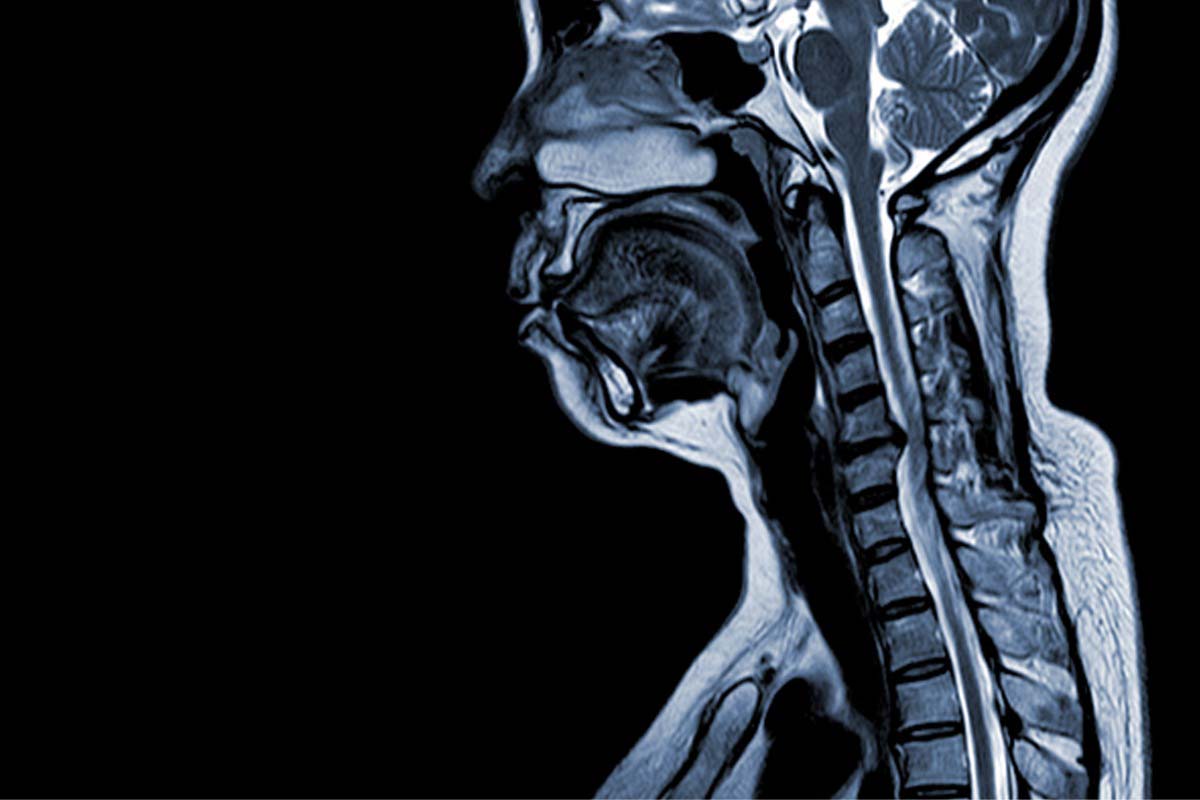
Prim Care Companion CNS Disord 2022;24(1):21br03181
To cite: Smith K, Kummer R, Macaluso M. Use of the ECHO model to improve outcomes for depressed patients during the era of COVID-19. Prim Care Companion CNS Disord. 2022;24(1):21br03181.
To share: https://doi.org/10.4088/PCC.21br03181
© Copyright 2022 Physicians Postgraduate Press, Inc.
aDepartment of Family and Community Medicine, School of Medicine, The University of Alabama at Birmingham, Birmingham, Alabama
bDepartment of Psychiatry and Behavioral Neurobiology, School of Medicine, The University of Alabama at Birmingham, Birmingham, Alabama
*Corresponding author: Kimberly Smith, PhD, Community Health Services Bldg, 930 20th St South, CH20 325A, Birmingham, AL 35205 ([email protected]).
We report use of the established Extension for Community Health Outcomes (ECHO) model to improve health care delivery for depressed patients in Alabama. Given the association between isolation and depression, as well as the association between coronavirus disease 2019 (COVID-19) infection and neuropsychiatric sequelae, the development of this program was particularly important during the COVID-19 pandemic.1
Before the pandemic, outcomes for patients with major depressive disorder (MDD) in the state of Alabama were among the worst in the nation. Suicide was the 12th leading cause of death in Alabama in 2019; 20 of 27 counties had suicide rates above the national average prior to the pandemic.2 Access to mental health care in Alabama ranks 46/50 in the nation (ie, fourth worst).2
Further exacerbating this problem is the lack of specialized training for primary care clinicians in managing difficult-to-treat depression,3 which represents 40% or more of cases.4 Further, the antidepressant drugs currently marketed produce limited clinical response and are not tolerated by some patients.4 As a result, primary care physicians refer many patients to psychiatrists and other mental health specialists. However, because of the shortage of psychiatrists, there are often long wait lists for an appointment. Further many psychiatrists are located far away from rural patients. The result is that a large number of patients have residual depressive symptoms, which contributes to significant degrees of disability.
The COVID-19 pandemic has exacerbated these longstanding issues across the nation. To address this issue, the University of Alabama at Birmingham (UAB) Department of Family Medicine, in partnership with the UAB Department of Psychiatry and Behavioral Neurobiology and the UAB Depression and Suicide Center, organized ECHO Depression to educate current family medicine physicians, trainees, and other primary care clinicians on the diagnosis and treatment of MDD. ECHO Depression is targeting rural health care providers to establish a learning community facilitated by the Alabama Practice Based Research Network.
The ECHO model was first established by the University of New Mexico; its mission is to move knowledge, not patients.5 The goal is to provide education and training to primary care clinicians in the form of didactic teaching and clinical case discussion to empower primary care physicians to better manage patients with specialty care problems in their offices. In monthly ECHO Depression sessions, a team of mental health content experts provides education and case discussion to primary care clinicians throughout the state on the diagnosis and treatment of depression.
We hypothesize that monthly ECHO Depression clinics will not only improve the quality of care for patients with depression throughout Alabama, but also build self-efficacy in physicians’ ability to provide the necessary care for patients with depression. Implementation of this learning model will decrease the volume of referrals to psychiatry, saving psychiatry clinic slots for those patients who have the greatest needs. We also anticipate that ECHO Depression will decrease the number of patients with depression referred to emergency departments throughout the state, which is where patients often present in crisis when ambulatory treatments fail. We hope to publish updates including outcomes data on the program in the future.
Received: October 28, 2021.
Published online: January 13, 2022.
Potential conflicts of interest: None.
Funding/support: None.
References (5)

- Taquet M, Geddes JR, Husain M, et al. 6-month neurological and psychiatric outcomes in 236 379 survivors of COVID-19: a retrospective cohort study using electronic health records. Lancet Psychiatry. 2021;8(5):416–427. PubMed CrossRef
- Vital Statistics at a Glance. Alabama Department of Public Health; 2019. Accessed December 21, 2021. https://www.alabamapublichealth.gov/healthstats/assets/ataglance2019.pdf
- Residents PAFM. The Quantity, Quality, and Effectiveness of Training on Diagnosing and Treating Mental Disorders. 2018 Annual Meeting of the American Association of Directors of Psychiatry Residency Training; March 1, 2018; New Orleans, LA.
- Rush AJ, Fava M, Wisniewski SR, et al; STAR*D Investigators Group. Sequenced Treatment Alternatives to Relieve Depression (STAR*D): rationale and design. Control Clin Trials. 2004;25(1):119–142. PubMed CrossRef
- The University of New Mexico. UNM Health Sciences website. Accessed April 30, 2021. https://hsc.unm.edu/echo/about-us/
Enjoy this premium PDF as part of your membership benefits!





